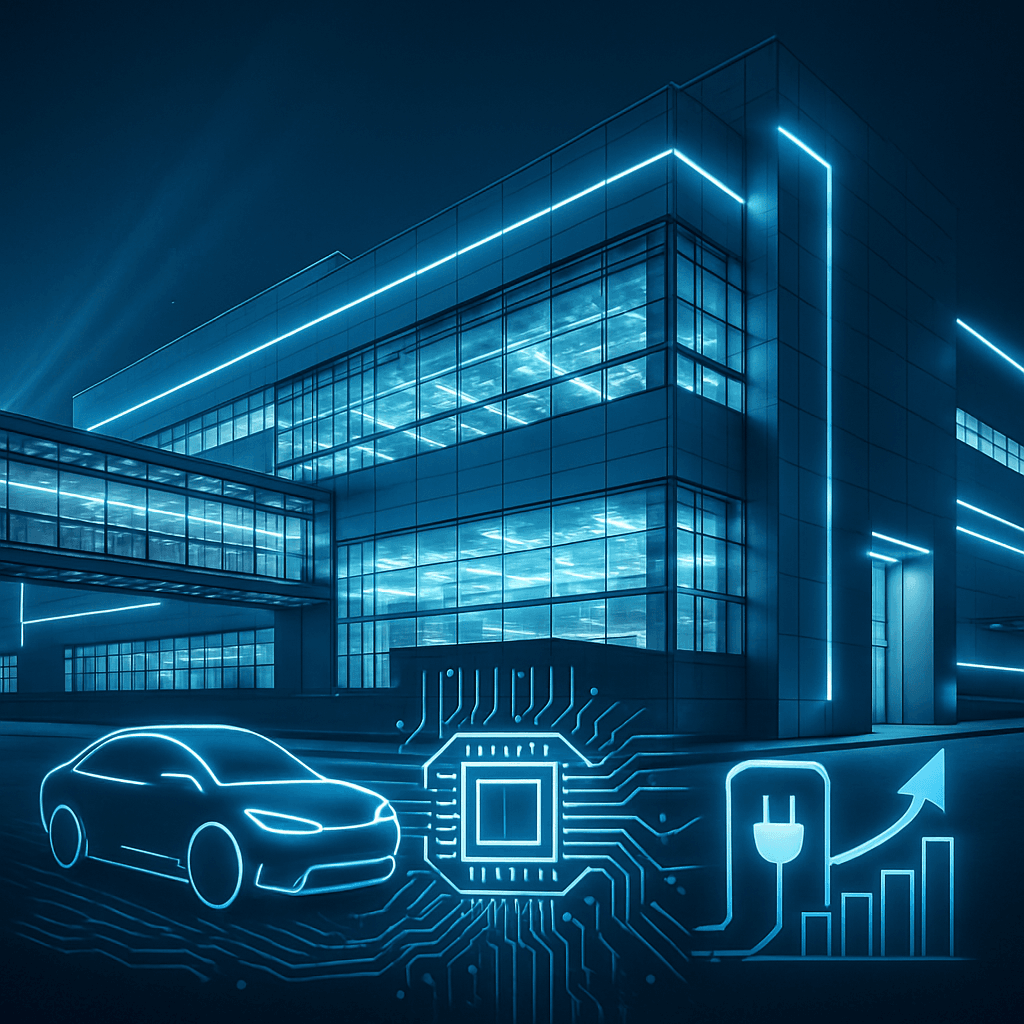Tesla CEO Elon Musk just dropped a bombshell at the company's shareholder meeting - the automaker will likely need to build its own "gigantic" semiconductor fabrication plant to fuel its AI and robotics ambitions. The revelation signals Tesla's supply chain constraints have reached a breaking point, even with partnerships across TSMC, Samsung, and potential talks with Intel.
"One of the things I'm trying to figure out is - how do we make enough chips?" Musk asked during Tesla's annual shareholder meeting Thursday. It's a question that's keeping the world's most valuable automaker awake at night as it races to transform from an electric vehicle company into an AI and robotics powerhouse.
The chip supply crunch has hit Tesla particularly hard as the company pushes deeper into autonomous driving and robotics. Despite partnerships with contract manufacturers Taiwan Semiconductor Manufacturing Company and Samsung Electronics, plus potential collaboration talks with Intel, Musk says it's not enough. "Even when we extrapolate the best-case scenario for chip production from our suppliers, it's still not enough," he told shareholders.
The proposed "Tesla terra fab" would be massive by any standard. Musk outlined initial capacity at 100,000 wafer starts per month, eventually scaling to 1 million. To put that in perspective, TSMC - the world's largest chipmaker - produces around 1.42 million wafer starts monthly across all its facilities. Tesla's single fab would rival the entire output of the company that powers Apple's iPhones and Nvidia's AI chips.
This isn't just about cars anymore. Musk's vision extends far beyond Tesla's automotive roots into what he calls the future of the global economy. "With AI and robotics, you can actually increase the global economy by a factor of 10, maybe 100," he declared at the meeting. "There's not an obvious limit." That ambitious outlook explains why Tesla needs chips at unprecedented scale - not just for Full Self-Driving capabilities, but for the humanoid robots and AI systems Musk sees as Tesla's next act.
The semiconductor industry has been struggling to keep pace with AI demand since OpenAI's ChatGPT sparked the current boom. Nvidia has captured most of the attention with its datacenter GPUs, but Tesla's announcement highlights how the chip shortage reaches into unexpected corners. Even companies with deep pockets and established supplier relationships find themselves constrained.












